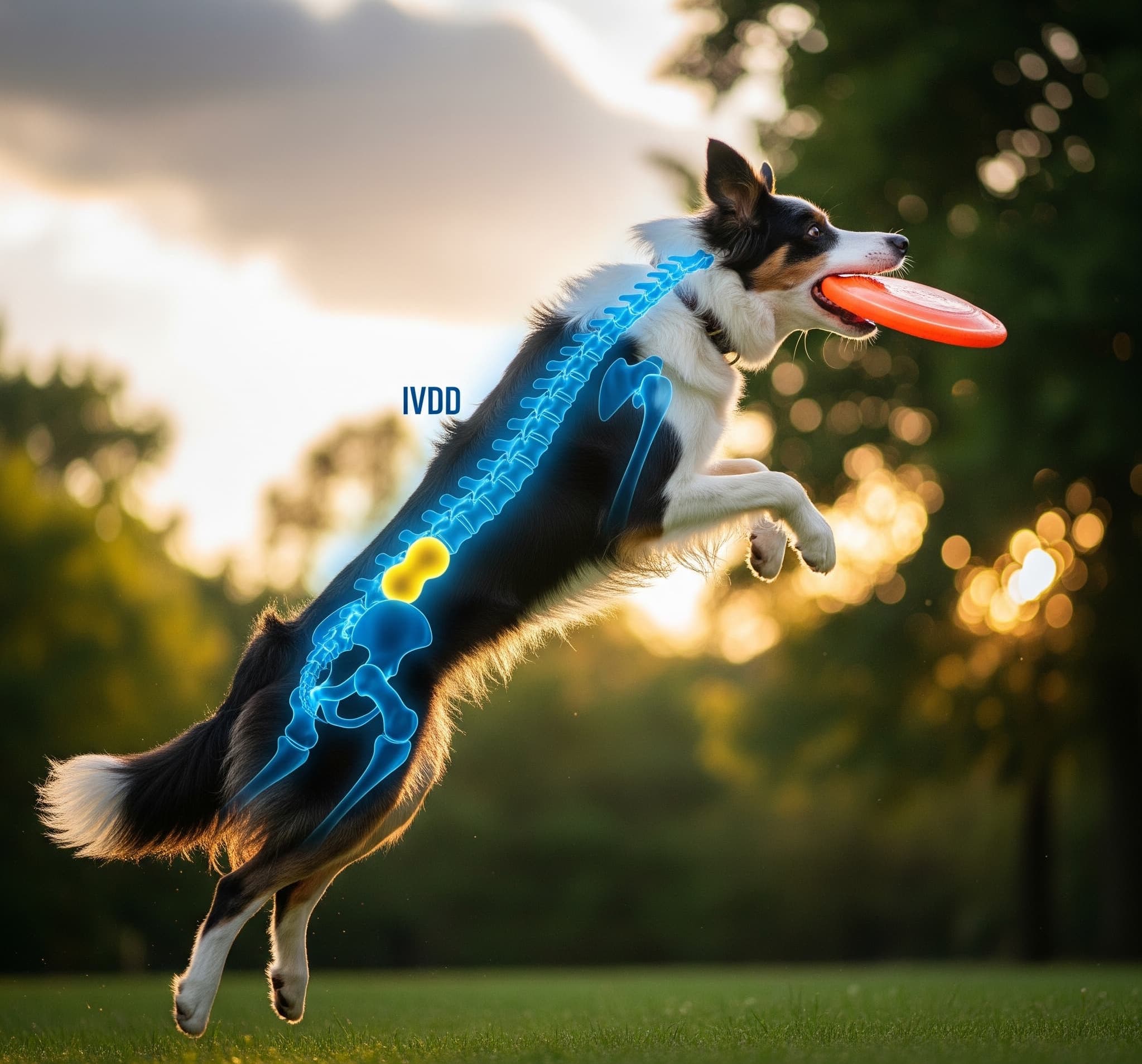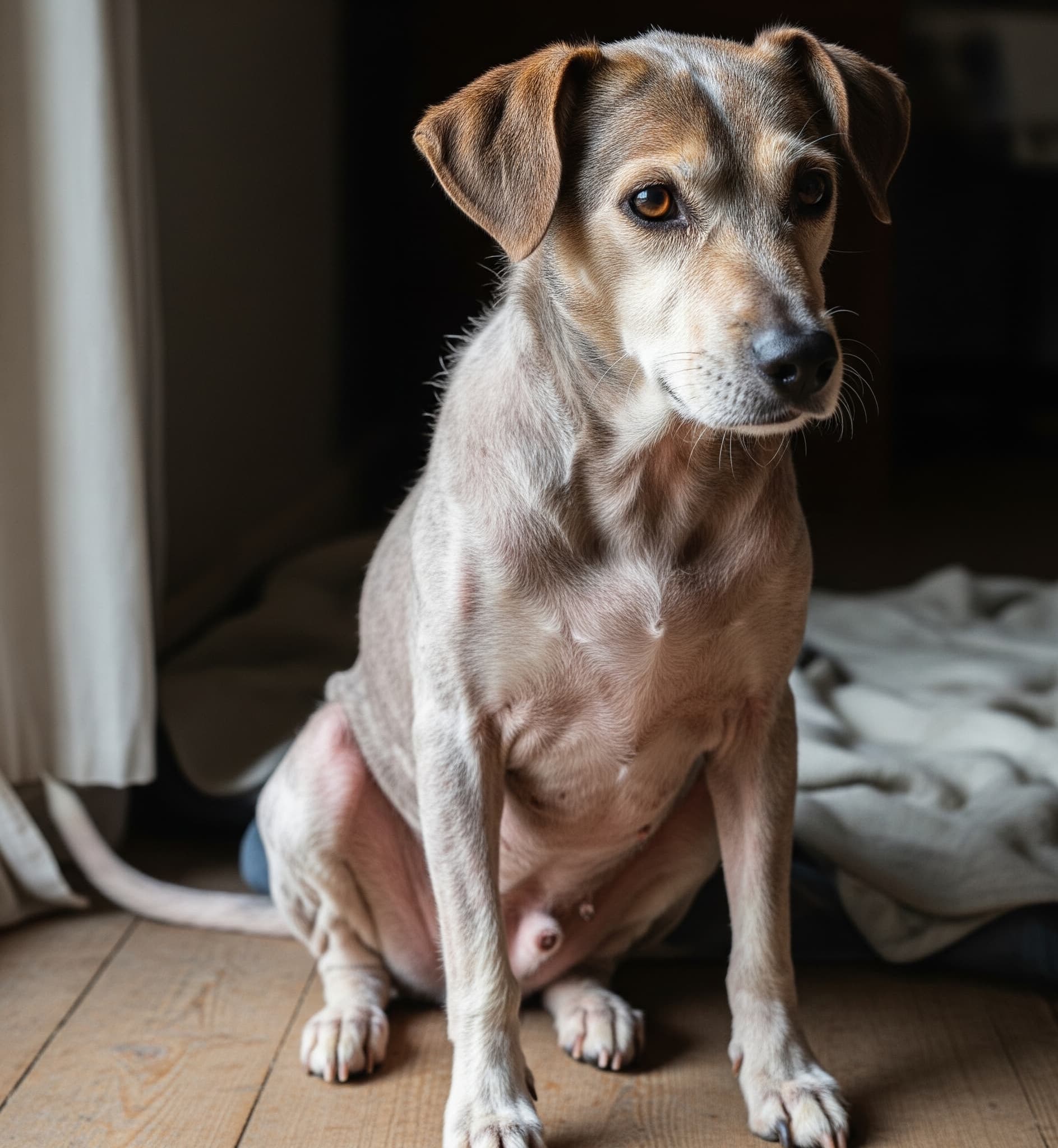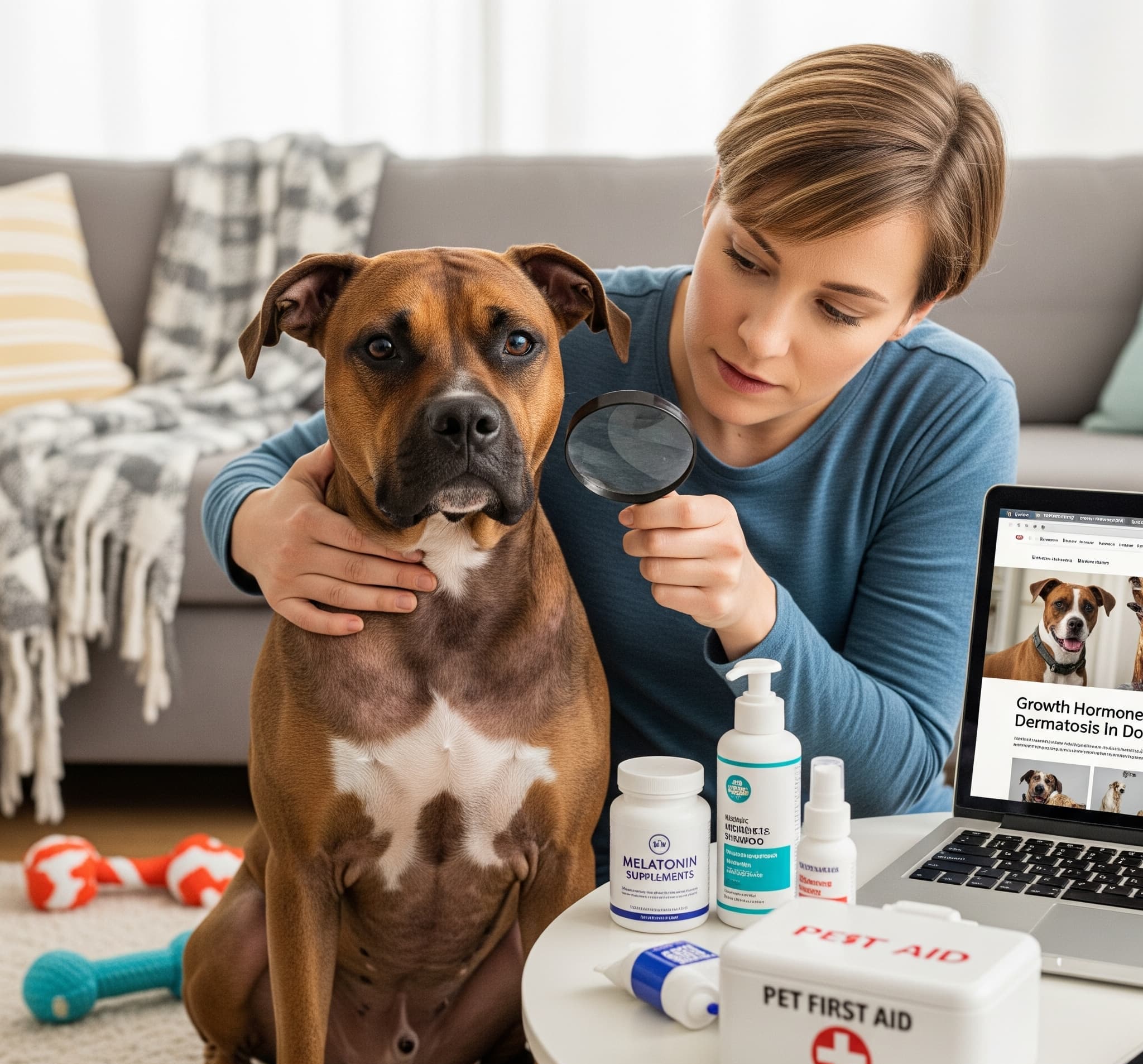8-Week to Adult: Your Puppy Development Roadmap
Complete puppy development guide from 8 weeks to adult. Learn key milestones, training tips, and what to expect during each growth stage. Start today!
Introduction
Bringing home your new puppy is exciting, but it can also feel overwhelming. You might wonder what to expect as your furry friend grows from a tiny 8-week-old bundle into a full-grown adult dog. Understanding puppy development stages helps you provide the right care at the right time.
Every puppy grows differently, but they all follow similar patterns. From teething troubles to teenage rebellion, knowing what comes next makes you a better pet parent. This guide walks you through each important stage of your puppy’s first year and beyond.
To help you navigate this puppy development roadmap and quickly find the information most relevant to your needs, here are the key sections we’ll explore:
- The Critical 8-16 Week Foundation Period
- 4-6 Month Adolescent Changes and Challenges
- 6-12 Month Teenage Phase and Training Focus
- 12-18 Month Final Growth and Maturity Signs
- Essential Care Tips for Each Development Stage
The Critical 8-16 Week Foundation Period
This early puppy development stage sets the tone for your dog’s entire life. Your puppy’s brain grows rapidly during these weeks. They learn how to interact with people, other dogs, and their environment.
Socialization becomes your top priority right now. Expose your puppy to different sounds, sights, and experiences. Take them to pet-friendly stores, introduce them to friendly dogs, and let them meet new people. This early exposure prevents fear and anxiety problems later.
House training starts during this period too. Puppies this young need to go outside every 2-3 hours. They can’t hold their bladder for long periods yet. Stick to a consistent schedule for feeding, sleeping, and potty breaks.
Your puppy will also start losing their baby teeth around 12-16 weeks. Provide plenty of safe chew toys to help with teething discomfort. This prevents them from chewing your furniture or shoes.
Basic commands like “sit,” “stay,” and “come” can begin now. Keep training sessions short and fun. Puppies have short attention spans, so 5-10 minute sessions work best.
4-6 Month Adolescent Changes and Challenges
Your puppy enters their adolescent phase around 4 months old. This brings both physical and behavioral changes that might surprise you. Their adult teeth come in, and their energy levels increase dramatically.
House training accidents might happen again during this stage. Don’t panic – this is normal. Your puppy is growing fast, and their bladder control is still developing. Stay consistent with your potty schedule and praise good behavior.
Fear periods often occur around 4-5 months. Your previously confident puppy might suddenly become scared of familiar things. This is a normal part of puppy development. Stay calm and patient. Don’t force interactions, but don’t coddle fearful behavior either.
Training becomes more important now. Your puppy can focus for longer periods and learn more complex commands. This is the perfect time to enroll in puppy training classes. Group classes also provide valuable socialization opportunities.
Sexual maturity begins during this period. You’ll need to decide about spaying or neutering. Talk to your vet about the best timing for your specific breed and puppy.
6-12 Month Teenage Phase and Training Focus
Welcome to the puppy teenage phase! Just like human teenagers, dogs this age can be challenging. They might test boundaries, ignore commands they knew perfectly before, and show increased independence.
Your puppy reaches their adult size during this period, but their brain is still developing. They have adult-sized bodies with puppy-level impulse control. This combination can lead to destructive behavior if not managed properly.
Exercise needs increase significantly now. Long walks, fetch games, and mental stimulation become essential. A tired puppy is a well-behaved puppy. Without enough exercise, they might create their own entertainment by chewing or digging.
Training consistency becomes crucial during this rebellious phase. Don’t give up on rules you’ve established. If you let your puppy jump on people now, they’ll continue this behavior as adults. Stay firm but positive with your training approach.
Many puppies experience a second fear period around 6-8 months. They might become wary of new experiences again. Continue positive exposures, but don’t rush the process. Let your puppy set the pace for new experiences.
12-18 Month Final Growth and Maturity Signs
Most puppies reach physical maturity between 12-18 months, though larger breeds might continue growing until 24 months. Your dog’s personality becomes more stable during this period. The wild puppy energy starts to settle into a more predictable adult pattern.
Mental maturity takes longer than physical growth. Your dog might look adult but still act like a puppy sometimes. This is completely normal. Full mental maturity doesn’t happen until 2-3 years old for most dogs.
Training becomes easier now as your dog’s attention span improves. They can handle more complex commands and longer training sessions. This is an excellent time to teach advanced tricks or consider specialized training like agility.
Behavioral issues that weren’t addressed earlier might become more pronounced now. Resource guarding, separation anxiety, or aggression problems need professional help. Don’t wait – these issues rarely resolve on their own.
Your dog’s exercise needs might actually decrease slightly as they mature. They’re less likely to zoom around the house randomly and more likely to enjoy structured activities like hiking or swimming.
Essential Care Tips for Each Development Stage
Nutrition needs change as your puppy grows. Start with puppy food designed for your dog’s expected adult size. Small breed puppies need different nutrition than large breed puppies. Switch to adult food around 12-18 months, depending on your vet’s recommendation.
Veterinary care follows a specific schedule during puppy development. Vaccinations typically happen every 3-4 weeks until 16 weeks old. Regular check-ups help catch health problems early. Discuss spay/neuter timing with your vet based on your dog’s breed and development.
Grooming habits established during puppyhood last a lifetime. Start handling your puppy’s paws, ears, and mouth early. This makes nail trims, ear cleaning, and dental care much easier as they grow. Regular brushing prevents matting and helps you spot skin problems.
Mental stimulation becomes increasingly important as your puppy grows. Puzzle toys, training sessions, and new experiences keep their minds active. Bored puppies often become destructive puppies.
Sleep needs decrease gradually as puppies mature. Young puppies sleep 18-20 hours per day. Adult dogs typically sleep 12-14 hours. Provide a comfortable, quiet sleeping area throughout all development stages.
Frequently Asked Questions
When should I start training my puppy?
Training should begin immediately when you bring your puppy home at 8 weeks old. Basic commands, house training, and socialization are most effective when started early. Puppy brains are like sponges during their first few months.
How much exercise does my puppy need at different ages?
Young puppies (8-12 weeks) need short, frequent play sessions. A good rule is 5 minutes of exercise per month of age, twice daily. So a 3-month-old puppy needs about 15 minutes of structured exercise twice a day, plus free play time.
Is it normal for my puppy to have behavior setbacks?
Yes, behavior setbacks are completely normal during puppy development. Fear periods, adolescent testing, and growth spurts can all cause temporary regression. Stay consistent with training and be patient. Most setbacks resolve with time and consistency.
Conclusion
Raising a puppy from 8 weeks to adulthood is a journey filled with challenges and rewards. Each development stage brings new experiences and learning opportunities for both you and your furry friend. Understanding what to expect helps you provide the right support when your puppy needs it most.
Remember that every puppy develops at their own pace. Some might reach milestones early, while others take more time. The key is staying consistent with training, socialization, and care throughout each stage.
Your puppy development roadmap doesn’t end at 18 months. Dogs continue learning and growing throughout their lives. The foundation you build during this first year shapes your dog’s behavior and personality for years to come.
Ready to start your puppy’s development journey? Share your experiences in the comments below! What stage is your puppy in right now, and what challenges are you facing? Let’s help each other raise happy, healthy dogs!




Post Comment